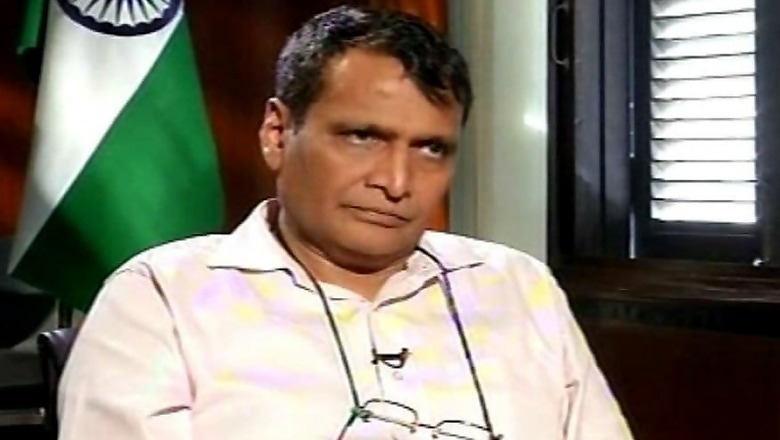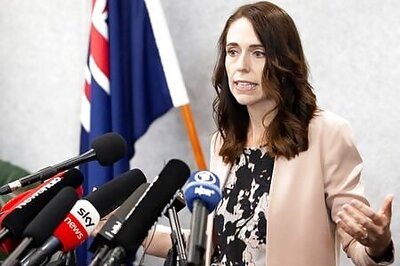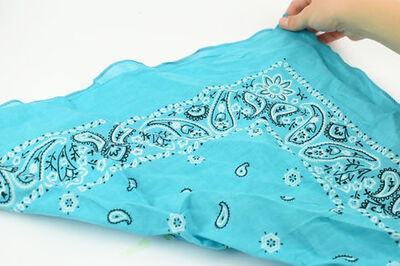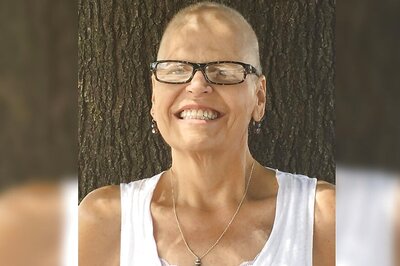
views
Buenos Aires: India has rejected the US criticism on seeking differential treatment at the WTO saying the country was the 'right candidate' and a legitimate demandeur for special dispensation as it has to take care of 600 million poor people.
Commerce and Industry Minister Suresh Prabhu told a press conference that the special and differential treatment was an integral part of the World Trade Organisation (WTO) and was meant for nations with low per capital income.
The minister was responding to issues raised by US Trade Representative Robert Lighthizer in his address at the plenary of the 11th ministerial conference of the WTO.
Without naming India, China or other emerging economies, Lighthizer had said that five of the six richest countries in the world were seeking concessions on the basis of self-proclaimed development status.
"We need to clarify our understanding of development within the WTO. We cannot sustain a situation in which new rules can only apply to the few, and that others will be given a pass in the name of self-proclaimed development status. There is something wrong, in our view, when five of the six richest countries in the world presently claim developing country status," Lighthizer had said.
Prabhu retorted by emphasising that special and differential treatment "is an important component of the WTO...You cannot ignore realities that certain societies have been left behind in the process of development."
Developing nations including India, he said, "are legitimate demandeurs for special and differential treatment... It is also noteworthy that many developed countries of today have benefitted from long periods of derogation from GATT rules in the area of agriculture and textiles".
Under the WTO rules, nations enjoying special and differential treatment are not required to follow norms generally applicable to the member states. These concessions are applicable to mostly to least developed and developing nations.
In his address at the plenary, Prabhu also expressed concerns over the way the discourse at the WTO was being deflected by arguments based on the GDP of countries. The discourse should be on development at the WTO and not to be deflected based on aggregate GDP figures, the Minister said, adding "while in India we are proud of our GDP and growth rates of recent years, propelled by innovative economic policies of my government, we cannot ignore that India is home to more than 600 million poor people.
"Therefore, we are legitimate demandeurs for special and differential treatment for developing countries." He further said that many developed countries of today have benefitted from long periods of derogation from GATT rules in the area of agriculture and textiles.
The minister underlined the need for protecting WTO as platform for promoting trade in transparent and democratic manner, stressing the commerce ought to promote development and eliminate social problems like poverty.
Talking about the food security issues, the minister said that he was only reminding the WTO members about the commitments made at the Bali conference that they would come out with a permanent solution to the problem by December 2017 at the 11th Ministerial.
He further said that the asymmetry regarding provision of agriculture subsidies between developed and developing countries under the WTO norms ought to be addressed. Answering questions on e-commerce, the minister said the while taking up new issues for negotiations the due process established by the members should be followed.
On the possible impact of the proposed tax reforms in the US on global economy which many feel could violate the WTO rules, the minister said the aggrieved member nations would have the option to move the dispute settlement panel of the multilateral trade body.



















Comments
0 comment